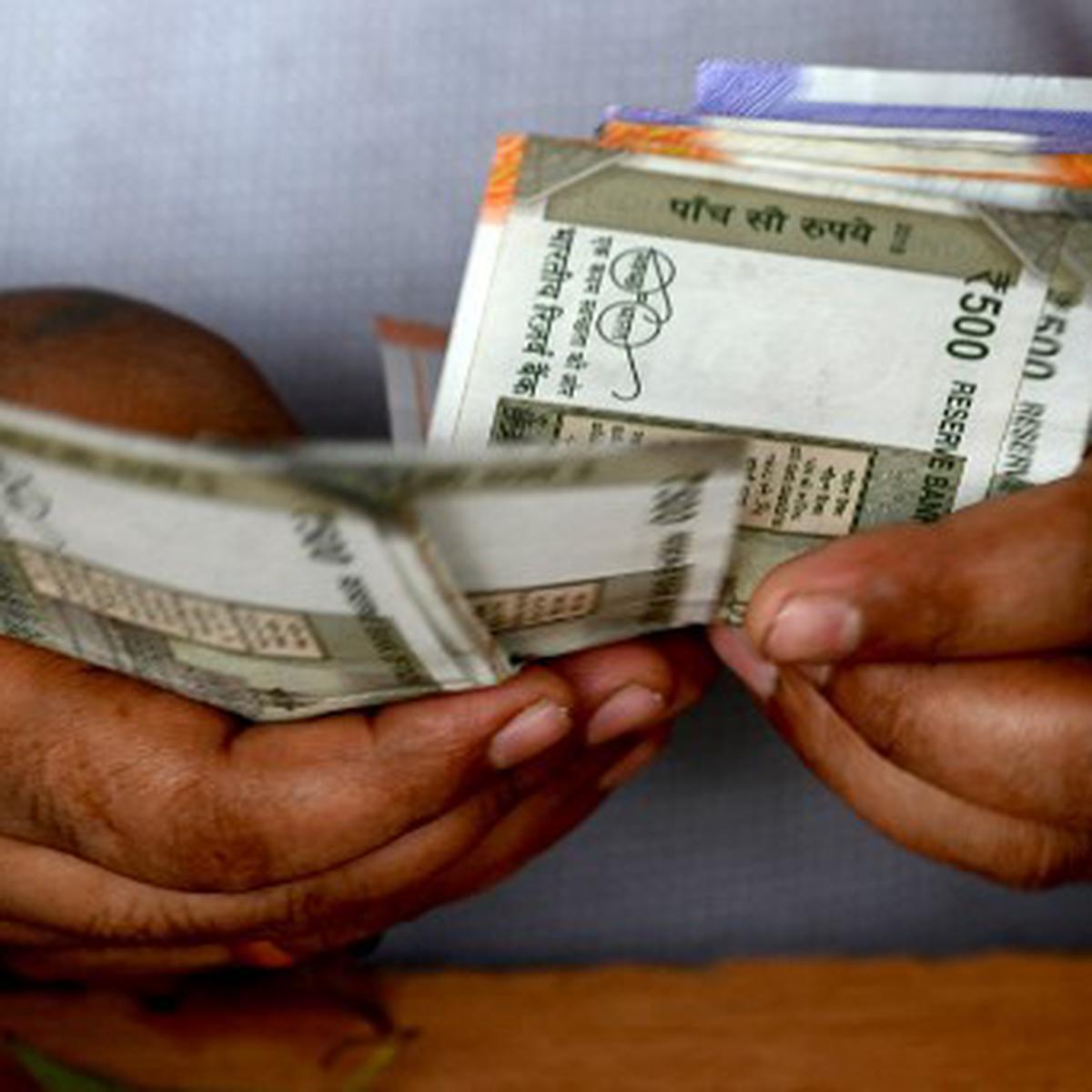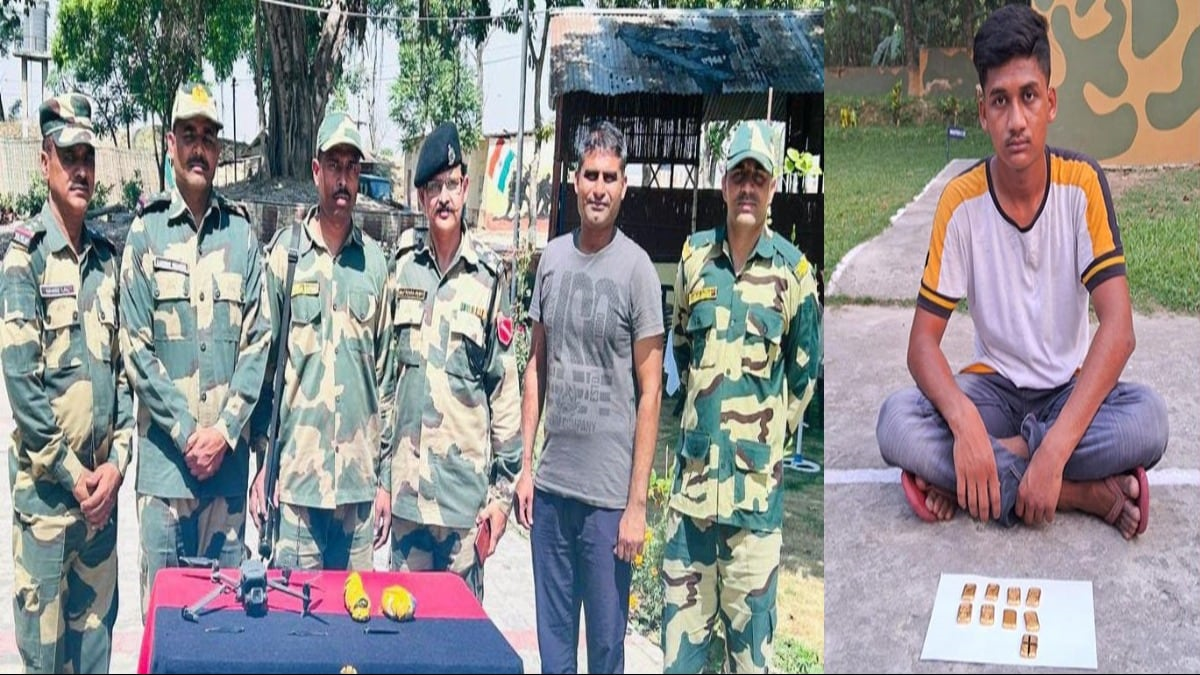As the assembly elections approach in five states, the Income Tax Department in India has reported a notable increase in the seizure of unexplained cash compared to previous elections in those states, according to CBDT Chairman Nitin Gupta. The chairman revealed that heightened surveillance and the gathering of information about unexplained cash and jewellery were part of the strategy employed by enforcement agencies, including the Income Tax Department, leading up to both state assembly and Lok Sabha elections.
Gupta emphasized that the current election states have witnessed a greater volume of cash seizures compared to the corresponding periods during state assembly elections or the Lok Sabha polls in 2019. He highlighted the intensity of pre-election monitoring of unexplained cash and surveillance, stating that these activities are coordinated at the level of the Election Commission and state election authorities.
Sources indicate a substantial increase in the total seizure of illegal cash, liquor, drugs, gold, and silver in poll-bound Rajasthan. In 2021, the seizures amounted to Rs 322 crore, rising to Rs 347 crore in 2022, and further escalating to Rs 1,021 crore by October 2023. The surge in seizures underscores the efforts to curb the influence of illicit funds and substances during the electoral process.
The states of Chhattisgarh, Telangana, Rajasthan, Madhya Pradesh, and Mizoram are slated to go to the polls in November. The Election Commission’s directives have prompted the Central Board of Indirect Taxes and Customs (CBIC) to issue a Standard Operating Procedure (SoP) in July. The SoP guides tax officers in implementing Election Commission directions regarding the use of freebies, illicit cash, liquor, and drugs to influence voters. Officers have been instructed to collaborate with other enforcement agencies and closely monitor the distribution of coupon-based or free fuel, as well as cash used for enticing voters.
Furthermore, GST and Customs officials have been directed to establish “flying squads and static surveillance teams” to conduct road and transit checks on vehicles and verify warehouses. These measures aim to enhance the effectiveness of enforcement activities and minimize illegal and prohibited activities during the electoral process. The proactive approach taken by the authorities underscores the commitment to ensuring the integrity of the democratic process and preventing the undue influence of monetary and material incentives on voters.
The significant increase in the seizure of illegal cash, liquor, drugs, and other valuable items in Rajasthan highlights the concerted efforts of the Income Tax Department and other enforcement agencies to maintain the integrity of the electoral process. The rise in seizures from Rs 322 crore in 2021 to Rs 1,021 crore by October 2023 underscores the challenges posed by the potential influence of unaccounted funds and illicit substances during the electoral cycle.
As the states of Chhattisgarh, Telangana, Rajasthan, Madhya Pradesh, and Mizoram gear up for the upcoming elections in November, the heightened vigilance and collaboration between the Income Tax Department, Election Commission, and state election authorities become crucial. The proactive measures undertaken, such as intensified pre-election monitoring and coordination, signify a commitment to preserving the fairness and transparency of the democratic process.
The issuance of a Standard Operating Procedure (SoP) by the Central Board of Indirect Taxes and Customs (CBIC) in July adds another layer of strategic planning to curb malpractices during elections. The SoP guides tax officers in implementing the directives of the Election Commission, particularly regarding the use of freebies, illicit cash, liquor, and drugs to influence voters. The emphasis on collaboration with other enforcement agencies ensures a comprehensive approach to tackling potential misconduct.
Moreover, the directive for GST and Customs officials to establish “flying squads and static surveillance teams” demonstrates a commitment to on-the-ground monitoring. These teams are tasked with conducting road and transit checks on vehicles and verifying warehouses to curb illegal and prohibited activities effectively. By implementing these measures, authorities aim to create a deterrent effect, dissuading any attempts to manipulate the electoral process through the misuse of financial resources.
In a nutshell, the multifaceted approach adopted by the authorities underscores their dedication to upholding the democratic principles of fair and transparent elections. As the electoral landscape evolves, the adaptability of enforcement strategies becomes paramount, and the collaborative efforts between tax authorities and election commissions play a pivotal role in maintaining the sanctity of the democratic process.


 Opinion2 years ago
Opinion2 years ago
 Entertainment7 years ago
Entertainment7 years ago
 Fashion7 years ago
Fashion7 years ago
 Entertainment7 years ago
Entertainment7 years ago
 Opinion2 years ago
Opinion2 years ago
 Politics7 years ago
Politics7 years ago
 Entertainment7 years ago
Entertainment7 years ago
 Entertainment7 years ago
Entertainment7 years ago









